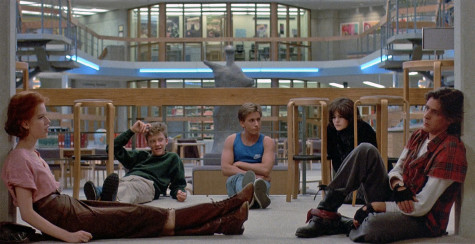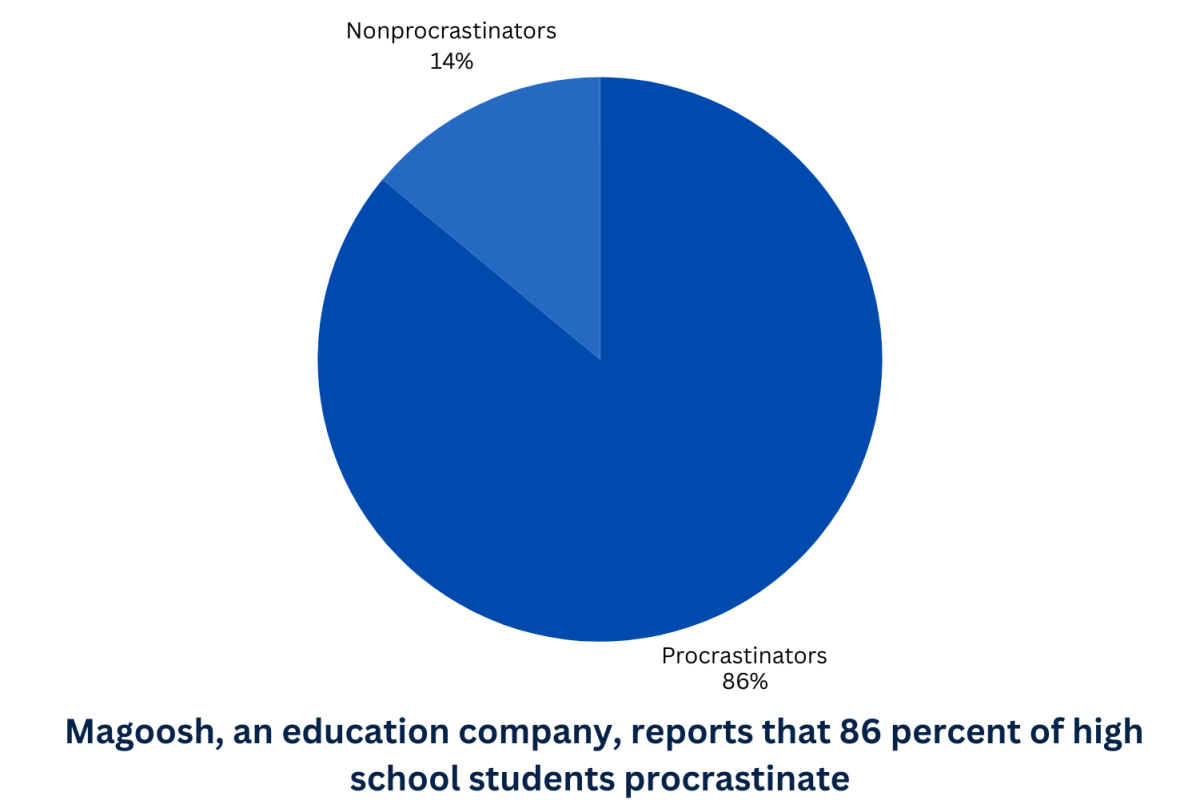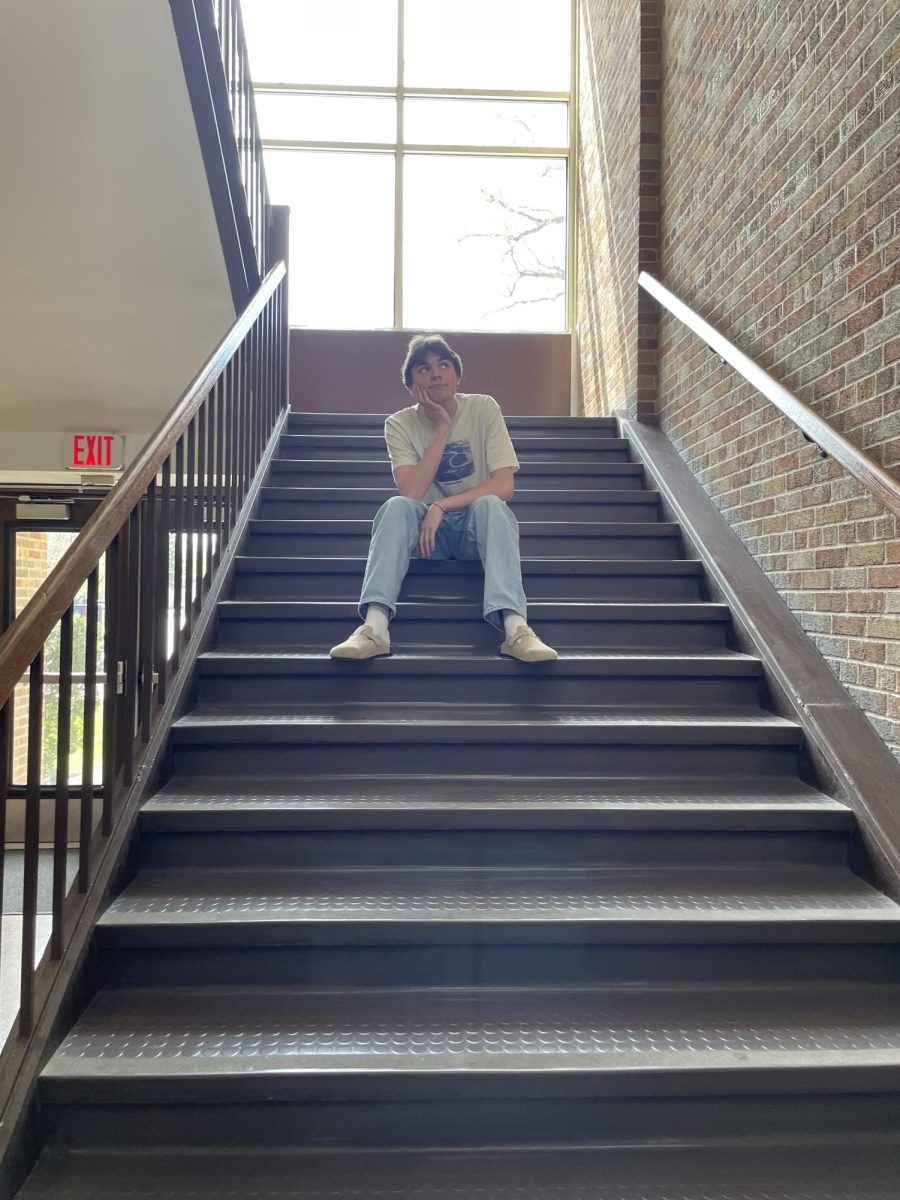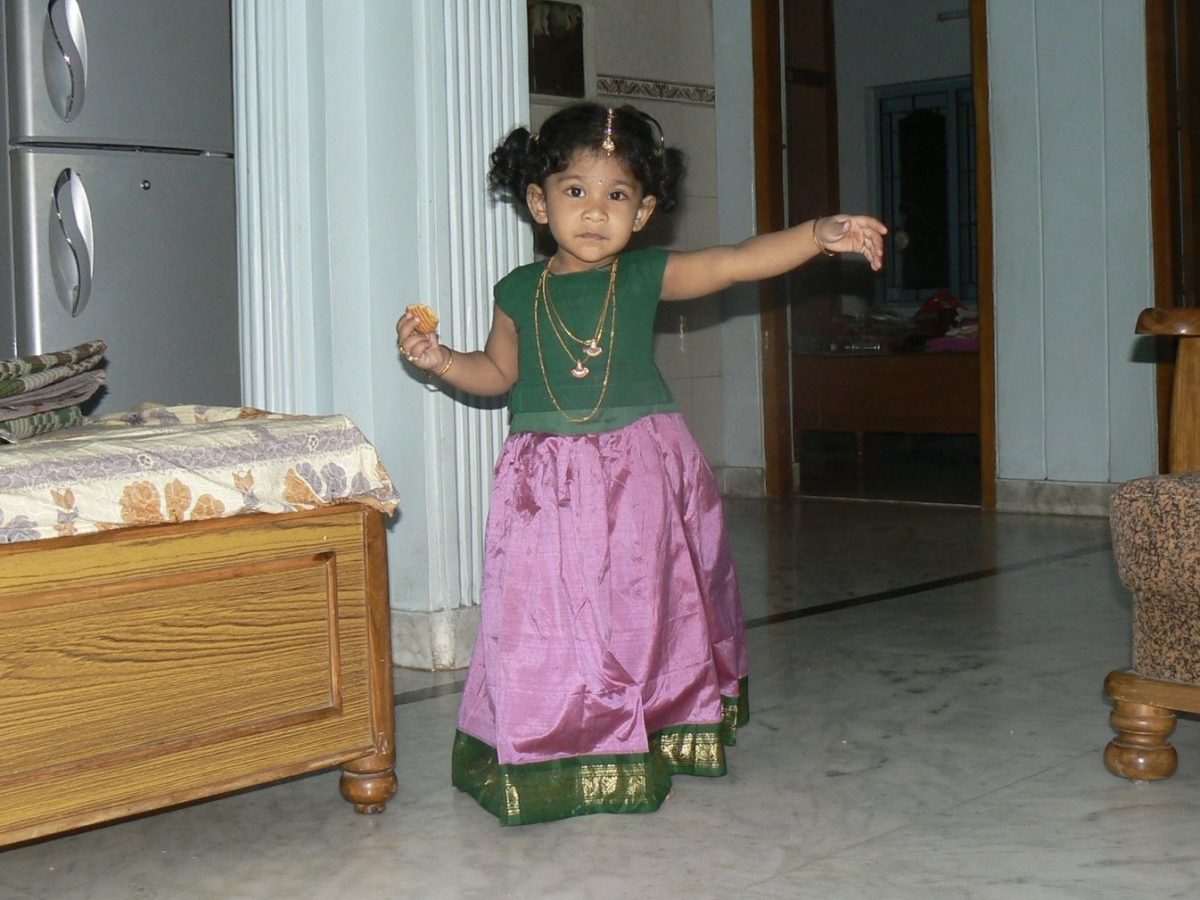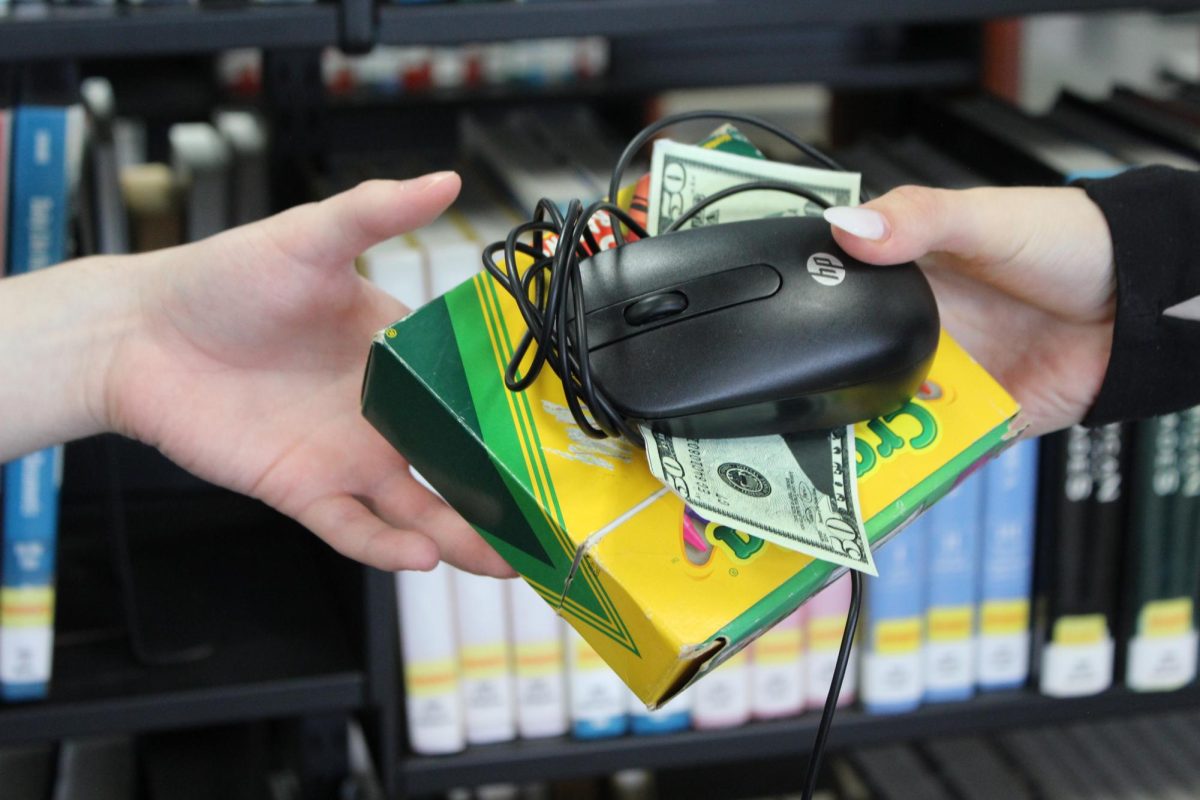You are in Saturday detention. Yes, it’s mentally exhausting and way too early for functioning, but not everything is bad. John Bender, the high school babe, is chomping his gum while lighting a cigarette next to you. But he is on his phone texting. What a way to ruin the moment.
Thirty years ago, MTV Movie Silver Bucket of Excellence Award winner, “The Breakfast Club,” was released to eager viewers around the world. Turning out to be one of the most popular plots of the ‘80s, director John Hughes created a story that would carry the element of timelessness throughout decades to come.
The most unique thing about the 21st century is the fantastic technology that has been invented to use in our everyday lives. We can’t imagine our lives without our iPhones in our pockets, ready to whip out in an awkward situation, or a slim moment of boredom. But imagine life without cellular devices and laptops at our convenience. Look back on the time when people went for bike rides instead of sitting and watching Netflix. The time when there was no way to write someone without a stamp. Those were the days when mothers would give their kids ten cents to call from a payphone in an emergency: The ‘80s.
It is important for us to take time to think about the days when technology didn’t consume us, and remember the days of “The Breakfast Club,” when there weren’t phone chargers laced around our feet. “You look at people from the past, and they did so much with their time.They learned languages, planted gardens, read, wrote, invented, performed, and created,” voiced Mr. Ryan Ebling, film enthusiast and freshman lit teacher. “I think it’s important to remember that technology is not life. We can be productive and entertained and connected without it, and perhaps the best way to remember that is to look back to when people had less technology.”
If the concept of technology was incorporated into “The Breakfast Club,” the amazing connections between all of the characters would not have been there.“If the kids had cell phones or exchanged telephone numbers after detention, it wouldn’t have the same emotional connection. It would be just like any other movie today where eventually the numbers get lost and forgotten. The beauty of the movie is that they will never forget each other, and they don’t need the other people’s phone numbers or Instagram usernames to remember who they are and how they impacted each other’s life,” Ellie Daly, future LHS sophomore and aspiring director, stated.
Near the ending of the movie, Claire Standish (Molly Ringwald) gave Bender (Judd Nelson) her earring. Acting as an example of the movie’s great timelessness, phone numbers just wouldn’t have been the same. It is important to take a moment to realize how important life is, even without your phone. You never know, every time you look at your phone, you could be missing out on meeting your Saturday detention group.
